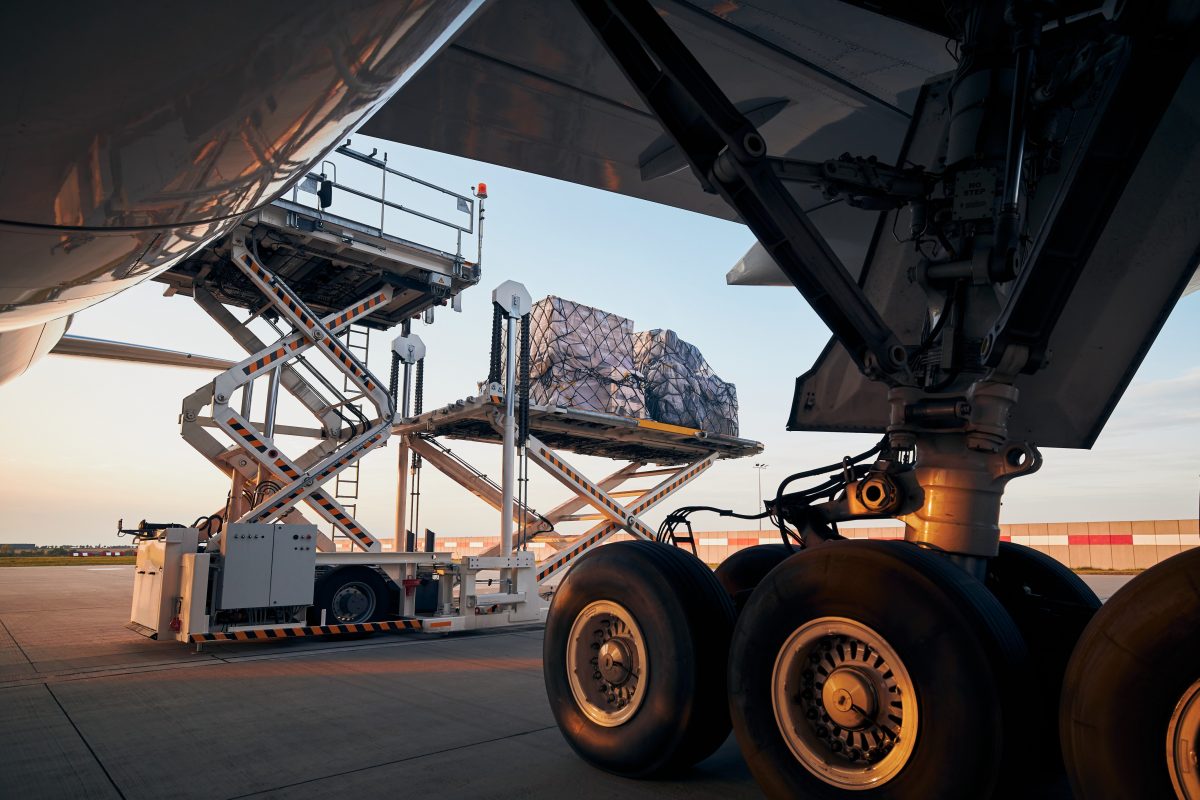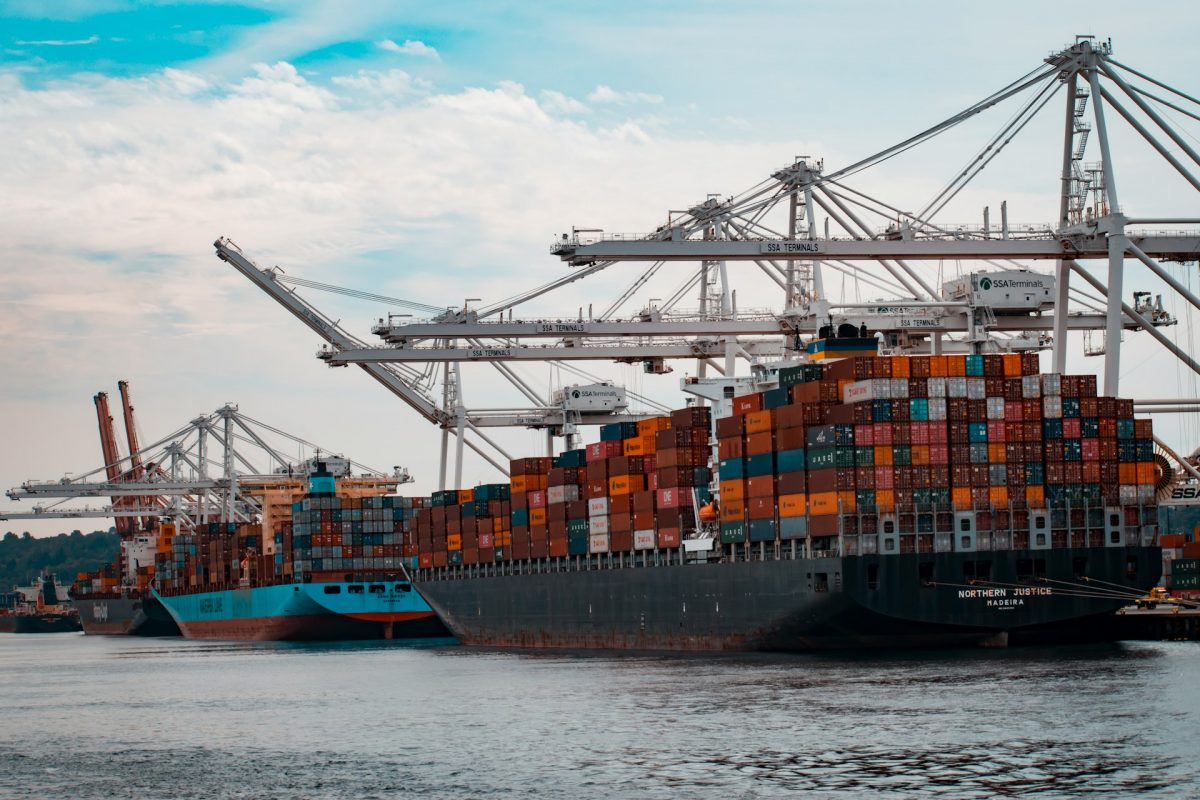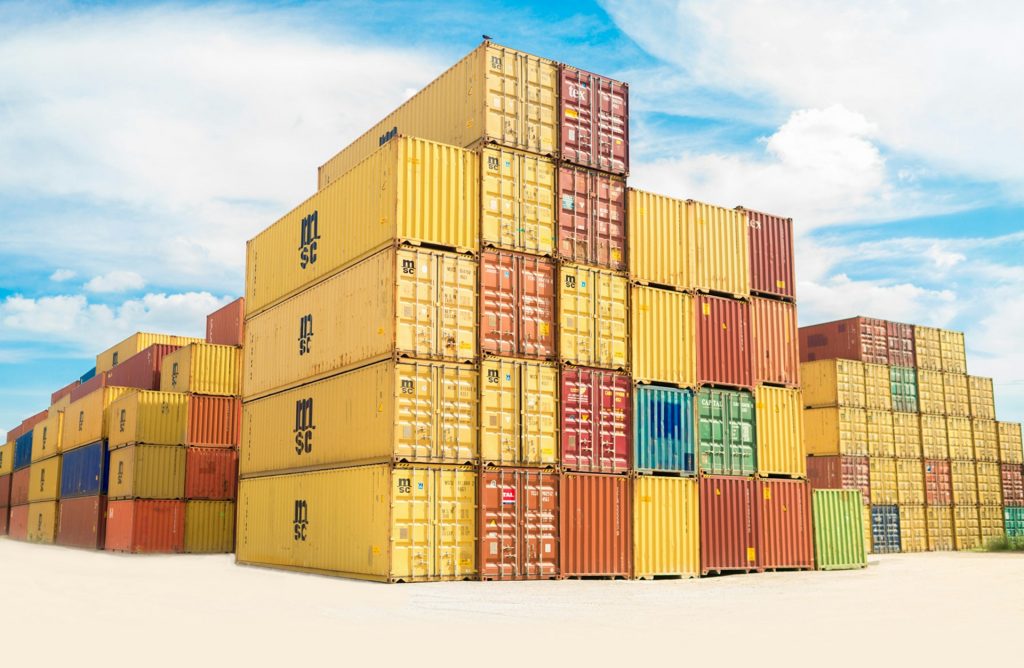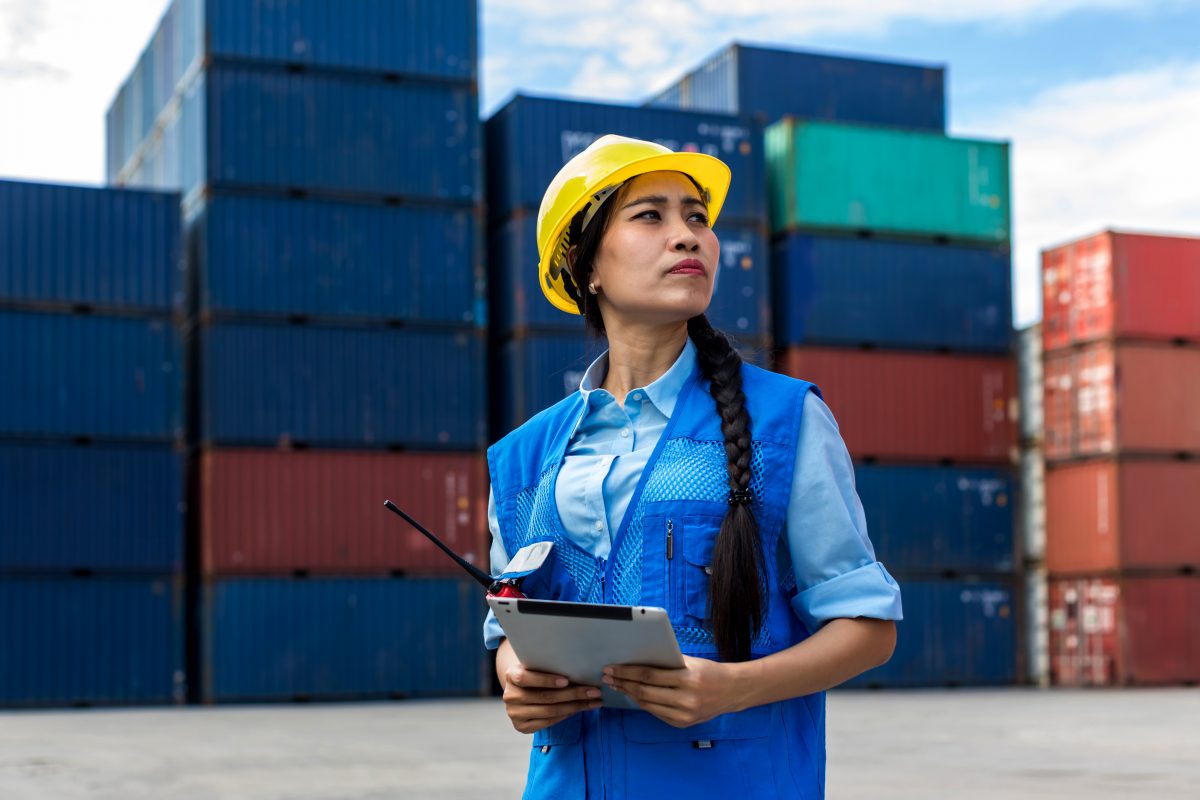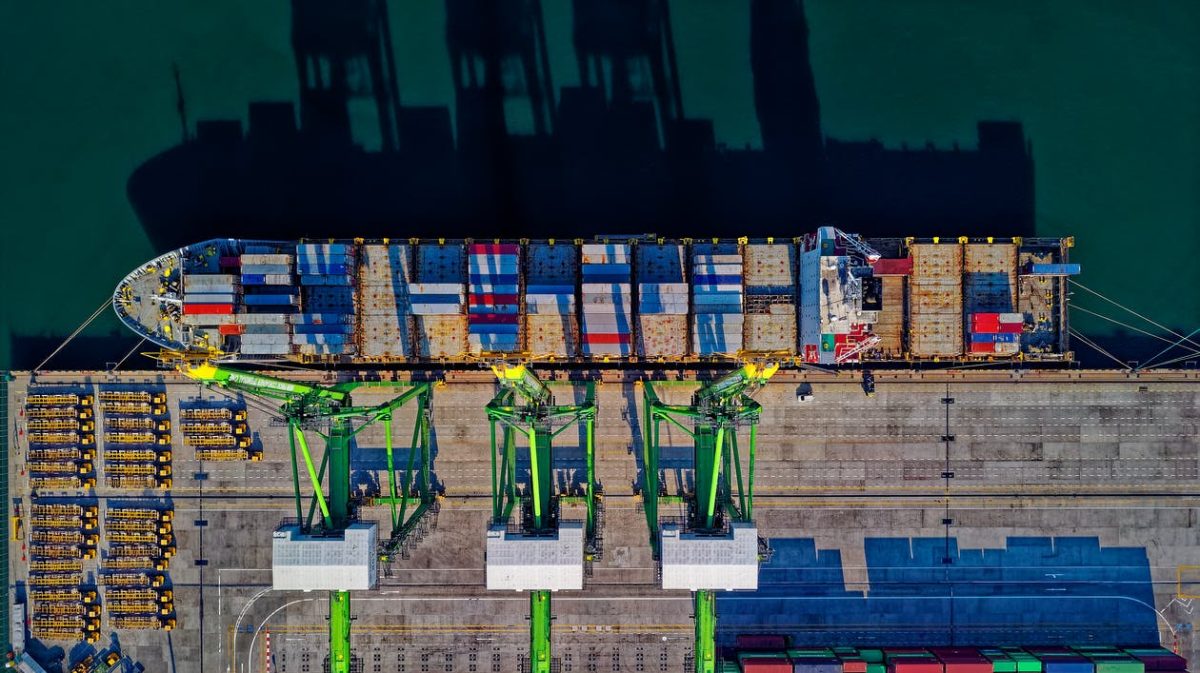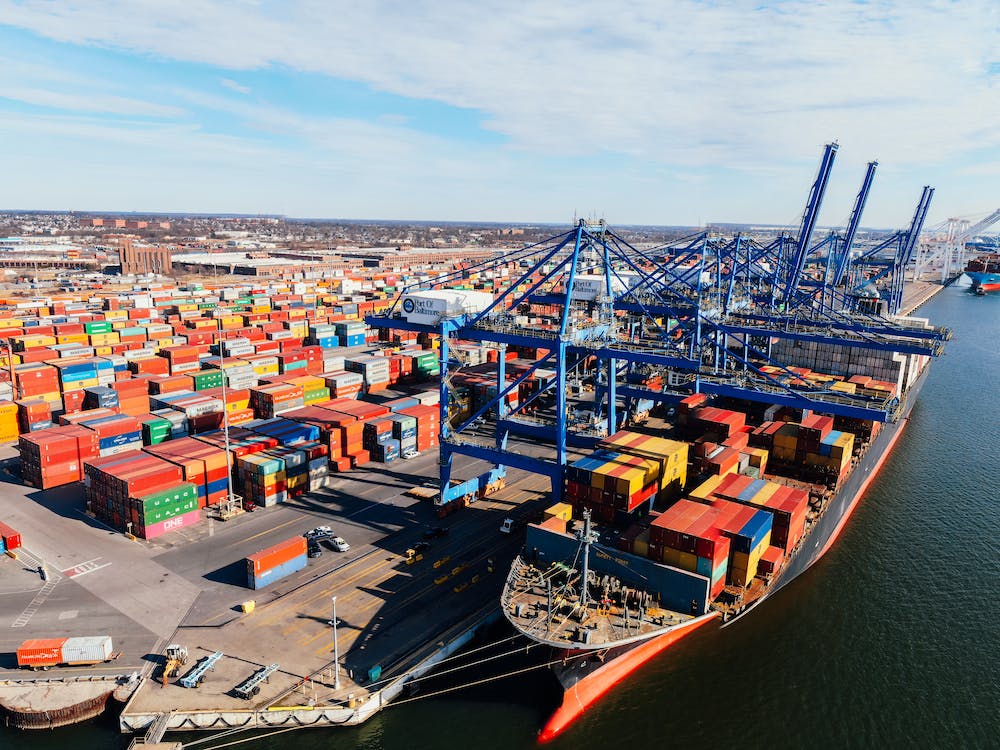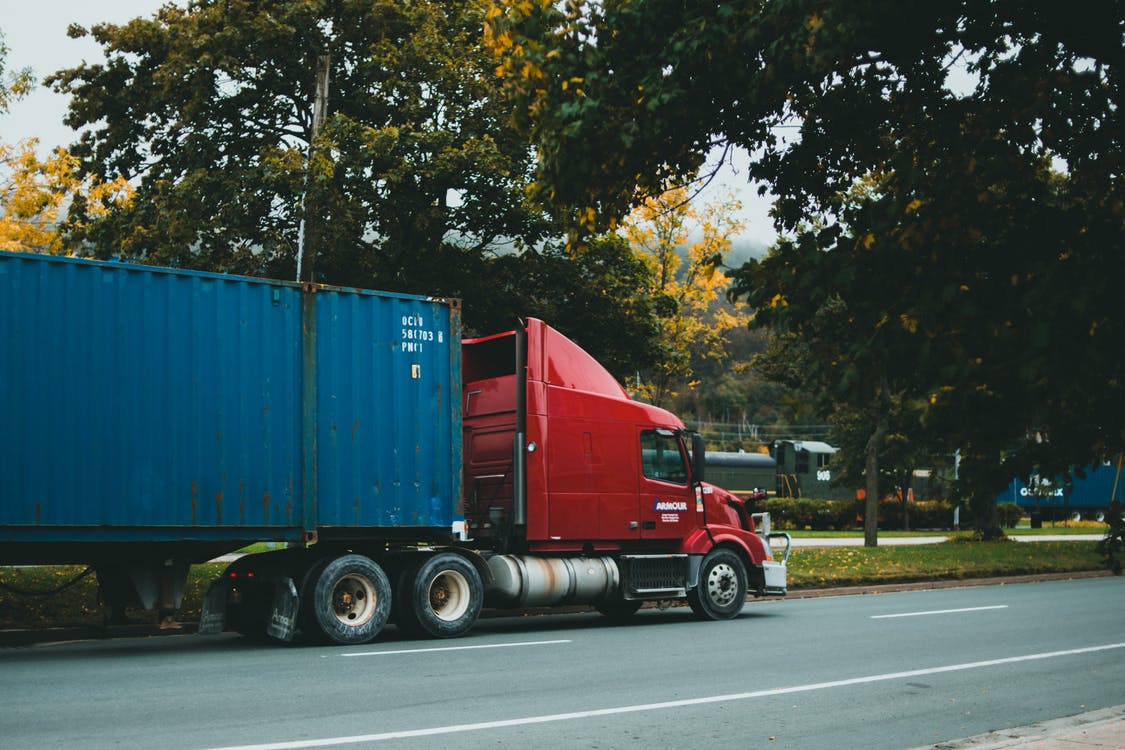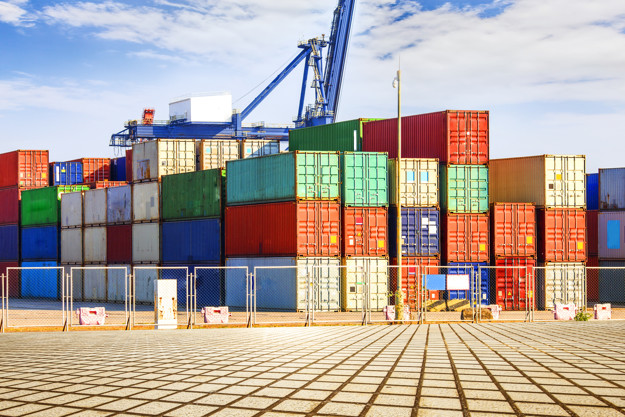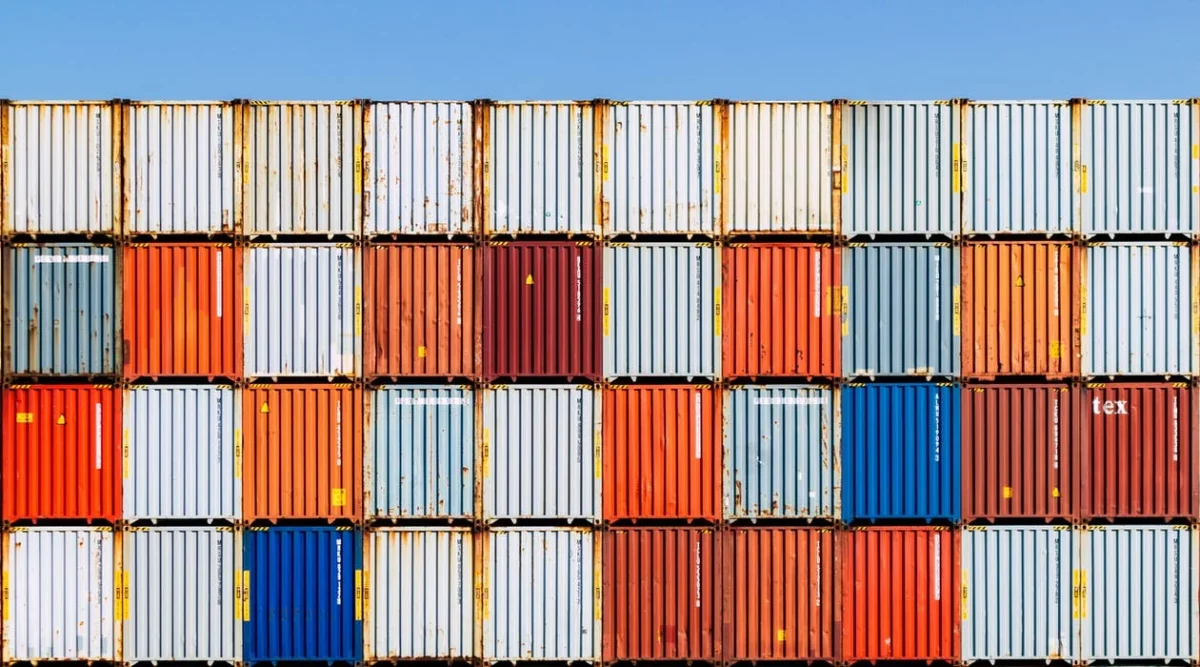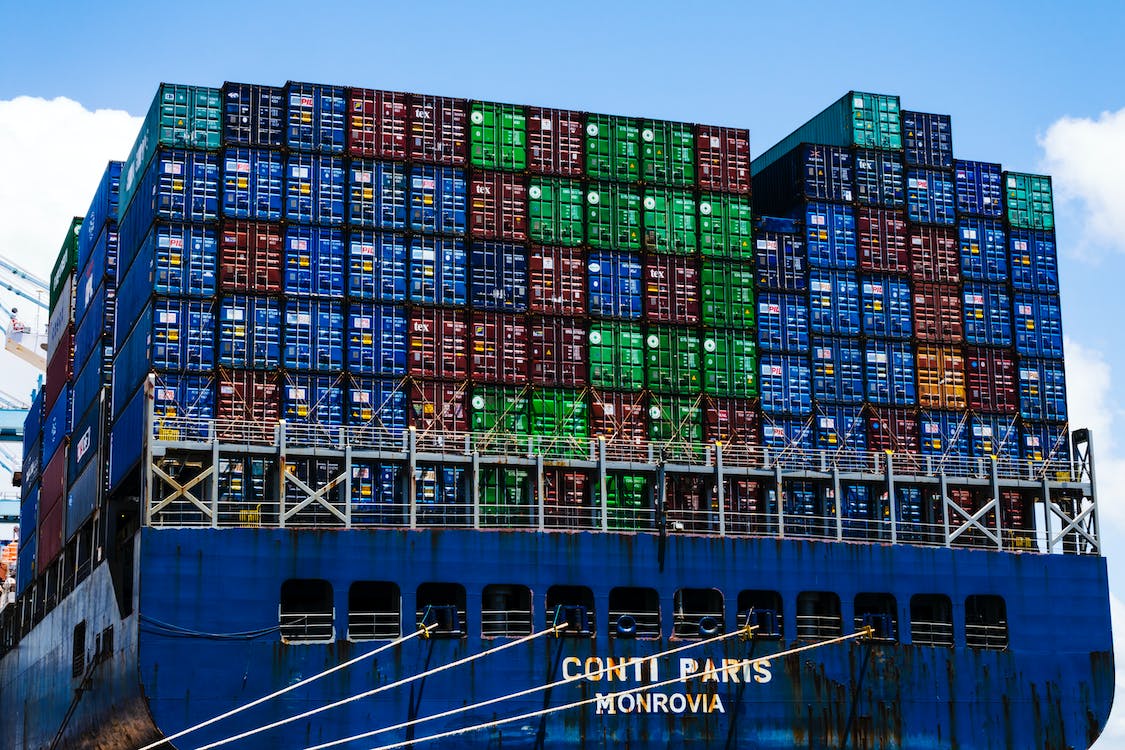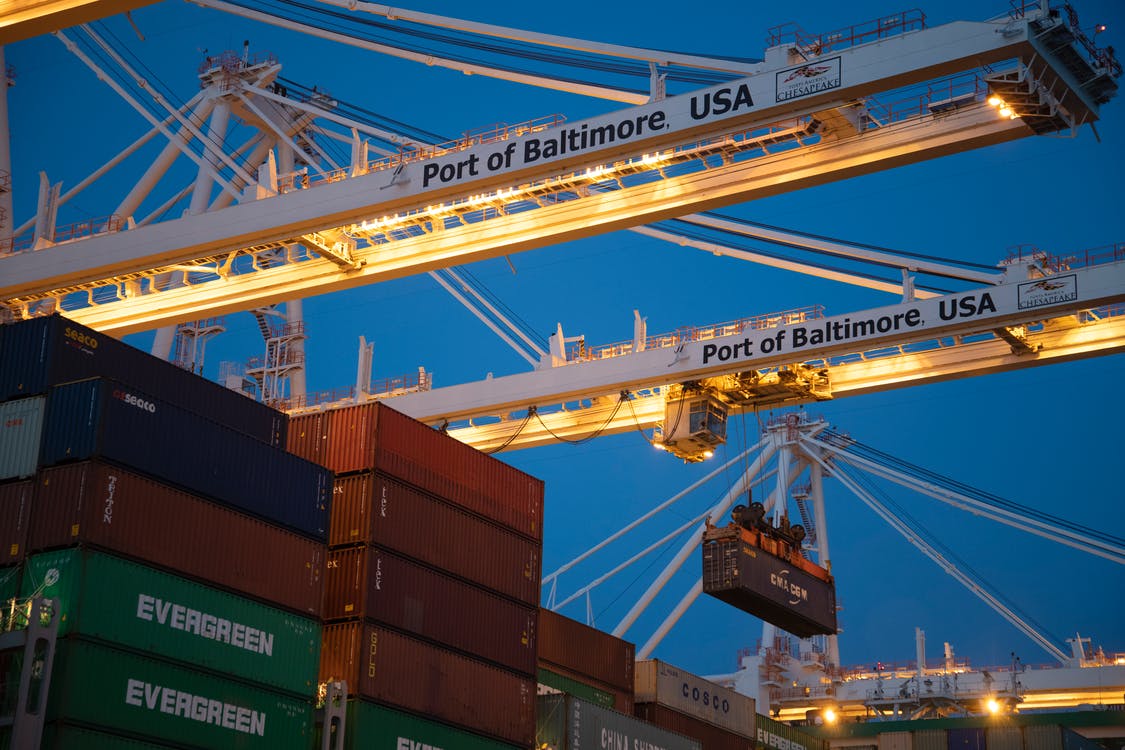Global Air Freight Services Market to Reach US$ 240.88 Billion by 2032
According to the projection of Coherent Market Insights, the global air freight services industry is expected to reach US$240.88 billion by 2032 at a compound annual growth rate (CAGR) of 6.0%. This underscores considerable shifts in international commerce, online shopping, and supply chain demands that are redefining how goods cross borders.
A central dynamic in this emerging space is the role of freight forwarder international operations. Companies that specialize in moving goods across nations are no longer just coordinating transport; rather, they’re increasingly responsible for compliance, customs, duty payments, and often acting in roles that carry legal and financial risks.
What’s Fueling the Expansion?
A number of trends are behind the rise of the air freight services market, one of which is the growing international trade. Emerging economies such as China and India are foreseen to gain substantial increase in overseas manufacturing and trade. This upswing is pushing demand for faster, reliable logistics solutions.
E-commerce is also on the list with the increase in online shopping and demand for rapid delivery especially for perishables, high-value electronics, and pharmaceuticals, making air freight services more essential.
Next on the list is the adoption of real-time tracking, AI-based route optimization, and enhanced supply chain visibility, helping freight operators and freight forwarder businesses improve efficiency and reliability.
Providers are also turning toward more eco-friendly practices. Among these are the use of sustainable aviation fuels (SAF) and greener operational solutions.
Factors to Put in Consideration
Legal Conditions
If your business requires importing goods often, identifying whether your partner freight forwarder can act as an Importer of Record is a must.
The difference matters under customs law, especially for regulated goods or complex supply chains. For those in international freight forwarding, expanding capacity in legal & compliance teams could also become a differentiator.
Firms that can safely assume risk and provide full documentation and customs services might capture more business.
Potential Challenges
Despite the positive outlook, there are a number of hitches that can affect growth, like high air freight operating costs as compared to other options like sea or land transport acting as a discouragement for low-end companies.
For example, ocean shipment of products can take weeks, but the price per container is pennies compared to air freight. In the same way, freight by road or rail is frequently used for local or domestic distribution because it is cheap and convenient. These methods may be slower, but they are cheaper for firms who need cheapness more than quickness.
Another risk is geopolitical tensions and trade interruption (e.g., political unrest, wars, trade conflicts). This complication may disrupt international air freight forwarding operations and affect the routing and timetabling.
Abrupt sanctions or border closures can compel carriers to go the longer, less efficient routes, increasing costs and delivery times. This unpredictability cause ripple effects throughout global supply chains and make it more difficult for freight forwarder global companies to offer consistent, reliable service.
Bottom Line
Freight forwarders are extending their roles beyond transportation to compliance and customs, with legal duties such as being Importer of Record becoming central. Not to mention, the use of AI, track-and-trace in real time, and sustainable aviation fuel further, enhancing efficiency.
While challenges may persist, risks that can complicate routing and worldwide supply chain, there are still reliable options and service providers ready to take the responsibility for you.
Looking for affordable ways to transport your good?
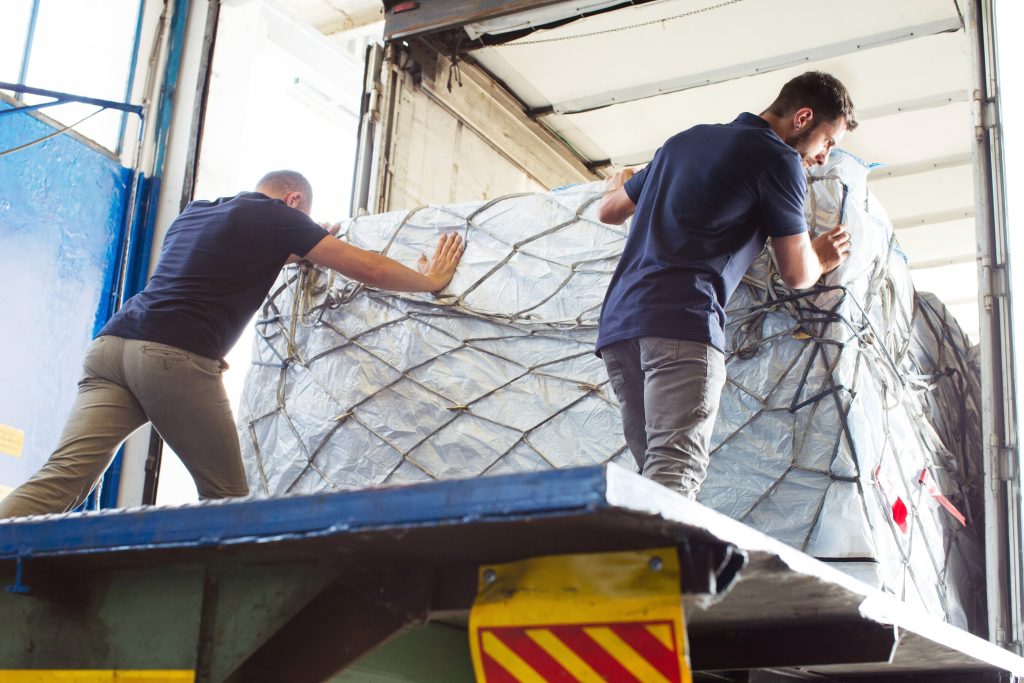
Partner up with one of the best logistics companies in the Philippines, Excelsior. Gain expert shipping tips and ensure your cargo is moved through the most suitable and secure methods, free from risks and delays. Stay ahead in your business logistics, choose Excelsior today!

